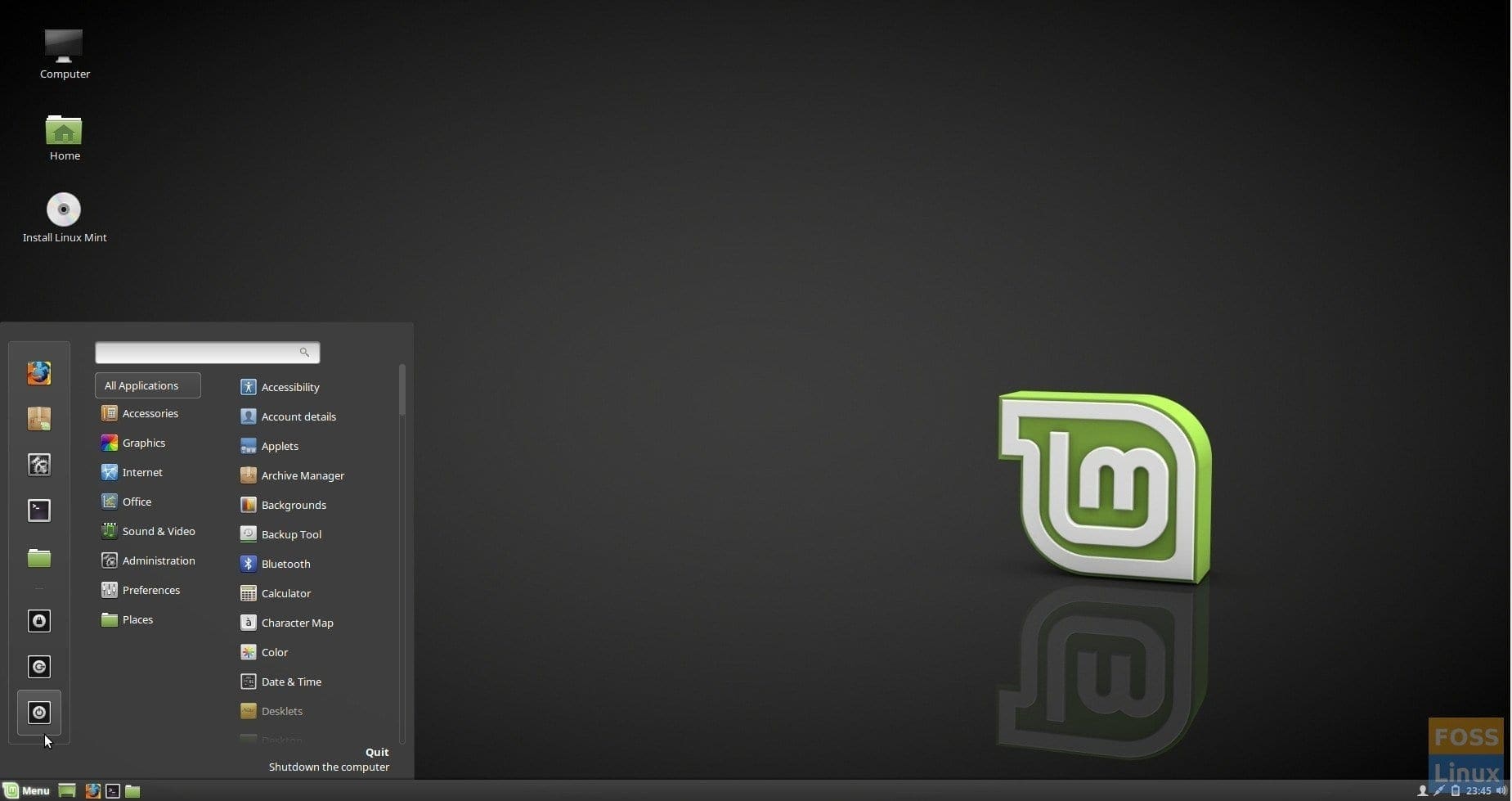As per the expectations, the Mint team has confirmed that Linux Mint 20 and later versions won’t support 32-bit architecture.
Recently, Canonical made a massive announcement that the new Ubuntu won’t be available for 32-bit architecture. Because of this, there were a lot of speculations in the air about the release of the latest version of Linux Mint, most of which said that Linux Mint would make the same move. Proving these speculations true was the most recent announcement by Clem Lefebvre, the Project Founder and Lead Developer of Linux Mint, himself.
The Mint team thinks that the majority of their users will be okay with this decision considering the significant developments we’ve had in technology in recent times. Accordingly, many people had started finding 32-bit technologies somewhat outdated.
With that being said, making this move won’t be that easy as Canonical learned the hard way (read more about it here). Restricting Linux Mint to 64-bit architectures only would prove to be quite a problem for running Wine, Steam, and other mainstream 32-bit apps. However, Canonical came up with a solution for this which was to include the 32-bit libraries necessary for allowing these applications to run correctly into Ubuntu 20.04.
Since Linux Mint 20 will be based on this version of Ubuntu, the operating system won’t be having any issues with running 32-bit software, and in case it does, the Mint team will be available for help.
Mint fans who own 32-bit computers are still left with a lot of time to upgrade their PCs as Linux Mint 19, which supports 32-bit architecture, can be used until 2023.
Conclusion
Following the big move made by Canonical to 64-bit architecture, Linux Mint 20 was expected to drop 32-bit systems as well, which it did. However, the Mint team has announced it in a bit more appropriate way by addressing all the concerns that will arise due to this move.


